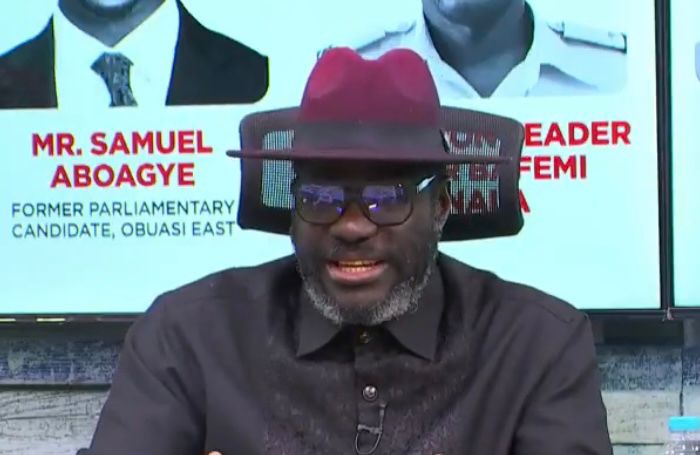The Savannah Region of Ghana is currently grappling with a severe humanitarian crisis stemming from a renewed land dispute in Gbiniyiri, which has tragically claimed at least 31 lives and displaced nearly 50,000 residents since its eruption on August 24th. The escalating violence has forced over 13,000 Ghanaians to seek refuge in neighboring Ivory Coast, highlighting the urgent need for intervention and resolution. Dr. Palgrave Boakye-Danquah, a prominent member of the New Patriotic Party (NPP), has called upon the government to declare a state of emergency in the region to address the escalating crisis and prevent further loss of life and displacement.
Dr. Boakye-Danquah’s plea underscores the gravity of the situation, emphasizing the need for swift and decisive action to restore peace and stability in the Savannah Region. He argues that a state of emergency is crucial for mobilizing resources, curbing the abuse of power, and disarming the factions involved in the conflict. The violence, if left unchecked, poses a significant threat to Ghana’s international image and could deter potential investors, further impacting the country’s economic development. The potential for the conflict to spill over into other regions and destabilize the country as a whole is another pressing concern.
The land dispute at the heart of this crisis underscores the complex challenges related to land ownership and resource management in the region. Competition for scarce resources, coupled with historical grievances and ethnic tensions, has created a volatile environment prone to conflict. The ready availability of weapons further exacerbates the situation, making it easier for disputes to escalate into violence. The large-scale displacement of people not only creates a humanitarian crisis but also poses a significant security risk, potentially leading to further instability and social unrest.
Declaring a state of emergency would grant the government expanded powers to address the crisis, including the ability to deploy security forces, impose curfews, and control movement within the affected area. This would allow for a more robust and coordinated response to the violence, potentially bringing it under control and creating space for dialogue and reconciliation. However, such a measure should be implemented judiciously and with full respect for human rights, ensuring that it does not further exacerbate tensions or lead to abuses of power.
Dr. Boakye-Danquah’s call for action highlights the need for a multi-pronged approach to resolving the crisis in the Savannah Region. Beyond the immediate security response, long-term solutions must address the underlying causes of the conflict, including land ownership disputes, resource scarcity, and inter-communal tensions. This will require engaging with community leaders, traditional authorities, and other stakeholders to develop sustainable mechanisms for conflict resolution and resource management.
Ultimately, the goal must be to foster a peaceful and stable environment where all residents of the Savannah Region can live in safety and security. This will require a sustained commitment from the government, civil society organizations, and the international community to address the root causes of the conflict and support the long-term development of the region. Ignoring the crisis or resorting to short-term solutions will only perpetuate the cycle of violence and displacement, jeopardizing the future of the region and its people.














